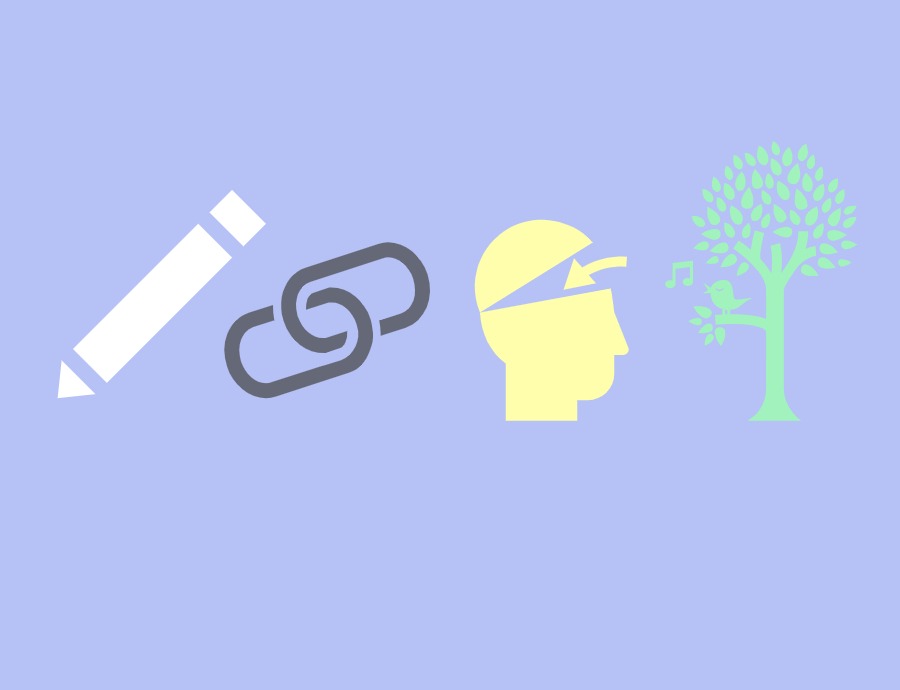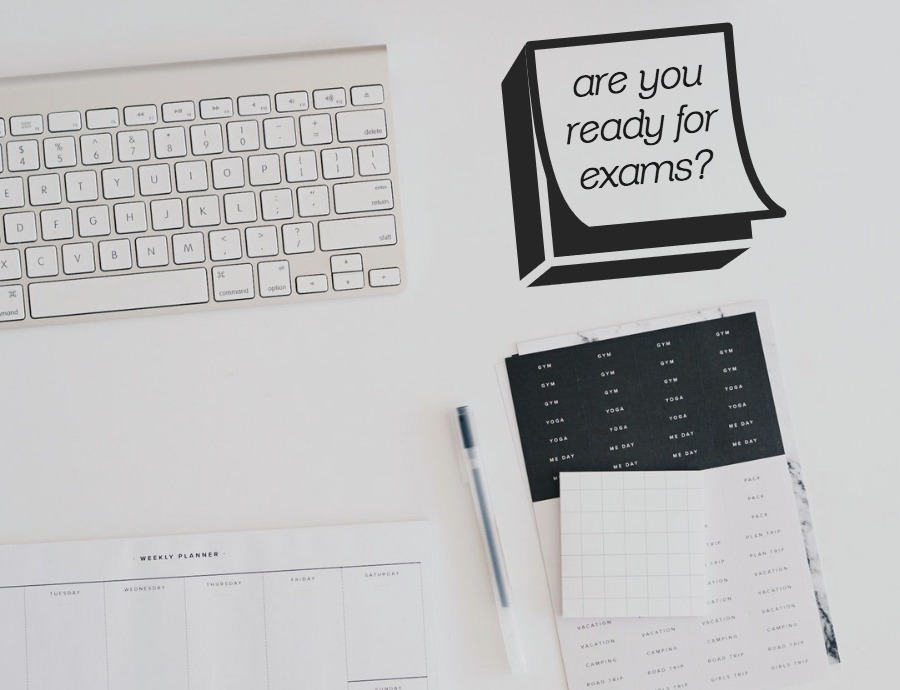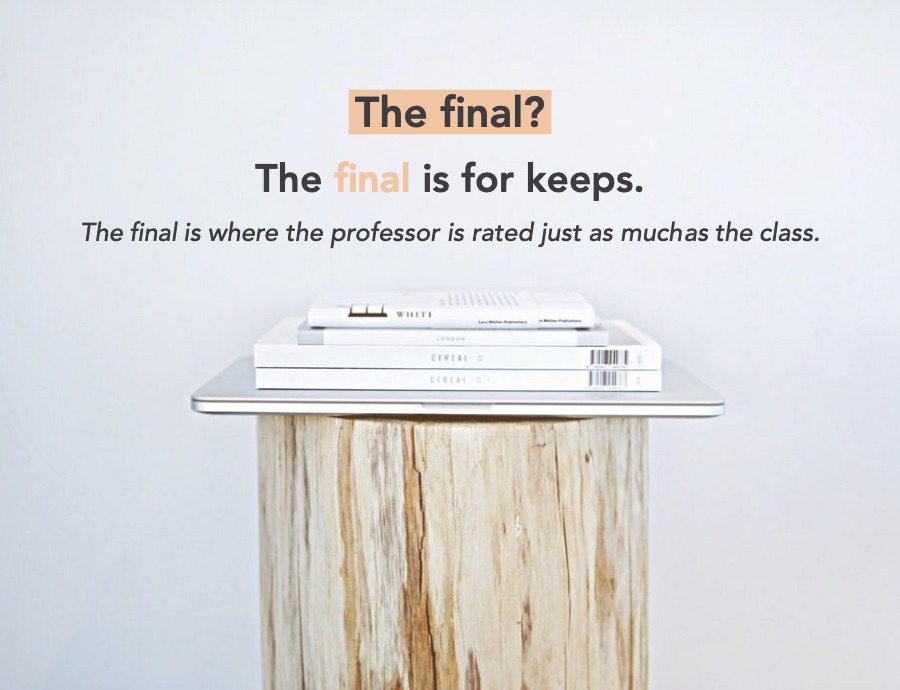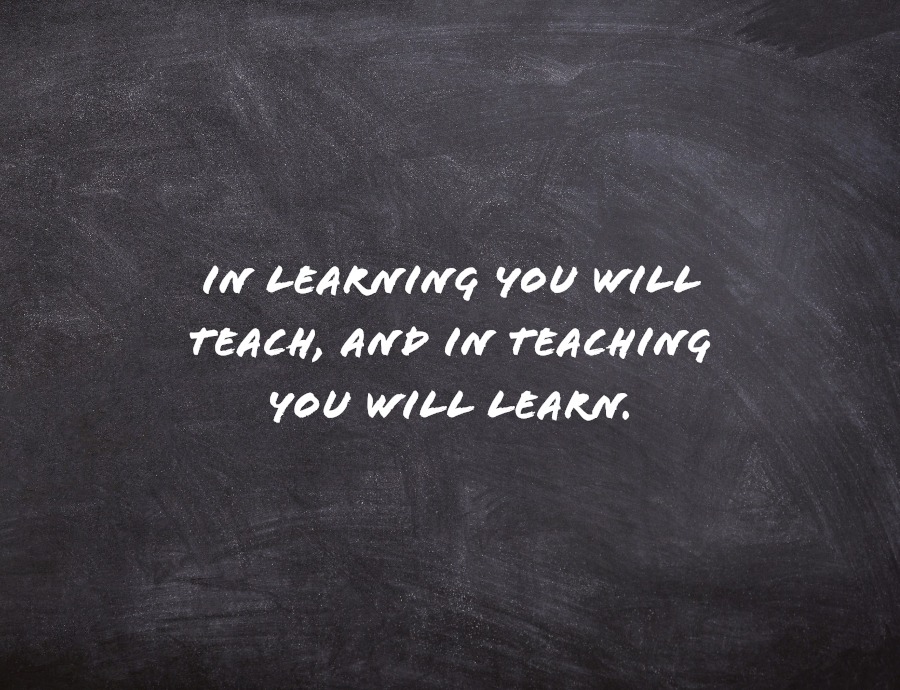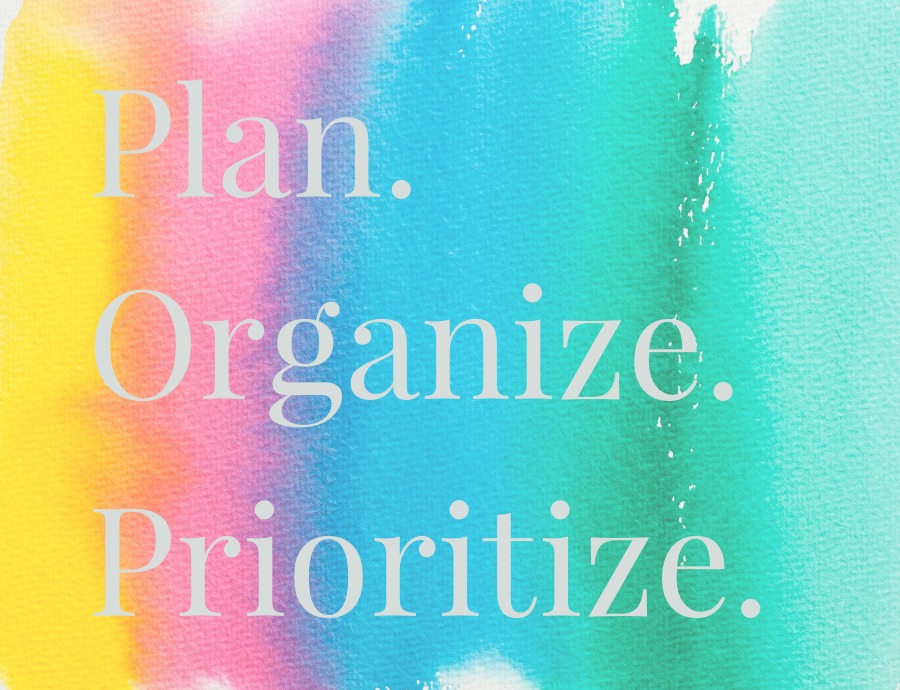There’s a very common image of the university student holed up in a library, surrounded by empty coffee cups, furiously and blearily cramming the night before a final. You shouldn’t do this. You shouldn’t have to. In reality, it doesn’t even help: the human brain doesn’t work that way. You need more than one night to put information in your long-term memory, and you need more practice than that to get the problem solving into routine or habit. If you’re working that hard that close to exams, then you’ve done something wrong.
You need to study continuously, and not just in one big burst at the end of the semester. The majority of the work should happen during the semester. That’s when you learn, you practice, and you cement your understanding. At the end of the semester you should simply have to review and practice.
Here are some tips that can help to keep final exam studying quick and easy:
If you incorporate the above tasks into your study routine, then you won’t need to cram and panic at the end of the semester. You’ll be able to study smart instead. So play around and find all the habits that will make studying easy and comfortable, and that will get you the highest possible grades. Consult with experts too. Check out Prep101 for more expert help.
You need to study continuously, and not just in one big burst at the end of the semester. The majority of the work should happen during the semester. That’s when you learn, you practice, and you cement your understanding. At the end of the semester you should simply have to review and practice.
Here are some tips that can help to keep final exam studying quick and easy:
- Go to all your classes. You’ve heard all the arguments: that’s why you’re paying tuition, the professors will take you more seriously, it shows that you prioritize learning, etc. There’s another, equally compelling, argument: it would take you much more time to catch up on what you missed than simply going to all the classes.
- Prioritize your tasks – assignments and problem sets come first. Assignments and problem sets are chosen for a reason: they help you to cement your understanding of the topics treated in lectures and readings. In most cases, you learn more by doing than by reading or listening. So these problem sets are assigned to help you to really understand what you’ve been hearing about, and they test the limits of your understanding. They also help you to prepare for tests, quizzes and exams.
- Read your marked assignments and problem sets. Take the time to understand what you did wrong. Read all comments, and ask questions. You were smart enough to get into university, so you’re smart enough to understand the material, but you need to be diligent and ask questions until you really get it.
- Pepper your lecture and reading notes with question marks, and get your questions answered. Don’t assume that understanding will mysteriously fall into place. You need to work for it. Actively ask yourself whether the lectures make sense. If you don’t understand something, then write a question mark in the margin immediately. Follow up as soon as you can. You can either ask questions in class, or you can ask your professors after class (most love to stay and chat with interested students), or you can go to office hours or email later.
- Read and re-read your notes continuously all semester. It’s not enough just to take notes. If you want to put the information in your long-term memory, then you need to read the notes often. Make it a routine to review your notes after class to see if you have questions, to read last class’s notes before the current lecture, to review all notes at the end of the week, and to read through the notes as you work through problem sets. The more often you read, review and work with a concept, the more readily available it will be when you write your exam.
If you incorporate the above tasks into your study routine, then you won’t need to cram and panic at the end of the semester. You’ll be able to study smart instead. So play around and find all the habits that will make studying easy and comfortable, and that will get you the highest possible grades. Consult with experts too. Check out Prep101 for more expert help.


